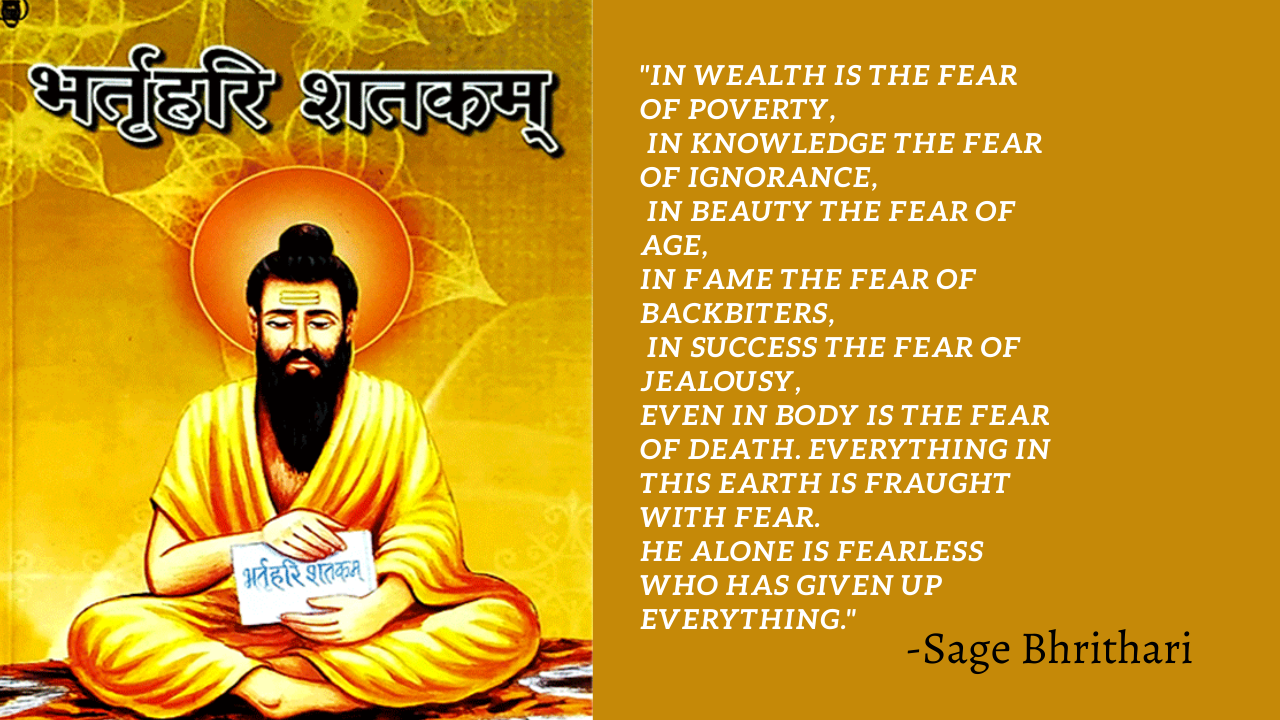J.J Goodwin :- The British Stenographer behind Swami Vivekananda Literature.
I consider myself as the most fortunate; and blessed that I stumbled upon Swami Vivekananda literature in the lockdown period. I think that in our past blogs, we have discussed enough about the basic ideas and works of the Cyclonic-Saint.
To know the real dynamism of Swami Vivekananda - reading The Complete Works of Swami Vivekananda, 9 volume series, is the last resort to be sought to. But how exactly did it come into existence? Who documented word-by-word lectures of Swamiji 200 years ago, while he was constantly touring and lecturing in England and America?
Hence in this blog, we'll know the very interesting pretext of how exactly the word-to-word lectures of Swamiji were recorded, thanks to which his message still awakens millions.
How Was Vivekananda Literature Recorded?
After his influential speech at the 1893 Parliament of the World's Religions, Swami Vivekananda travelled around America on a lecture tour. During the tour, Vivekananda's admirers wished to record his lectures and an advertisement was published in December 1895 in two New York newspapers, the Herald and the World. In response to the advertisement, twenty-five-year-old J. Goodwin applied for the job.
He became one of Vivekananda's staunchest followers and played an important role in recording Vivekananda's extempore speeches. After the very first week of his job, Goodwin refused any money, saying, "If Vivekananda gives his life, the least I can do is to give my service." He accepted only what was necessary for his basic subsistence.
Till his very death, Goodwin accompained Vivekananda almost everywhere - From his Detroit lectures in America to Harvard, England tour.
Goodwin writes in a letter about the return of Swamiji to India, "India is mad with enthusiasm for him (Swami Vivekananda). Telegrams pour in. The people regard him, in every sense of the word, as a Divine Incarnation - as I do - and are constantly worshiping him."
Goodwin accompanied Vivekananda in his tours in India in 1897 and took shorthand of his lectures from Colombo to Almora. Goodwin later went to Madras and became a Brahmachari. He helped in the publishing of Brahmavadin and worked with Alasinga Perumal, another disciple of Swami Vivekananda. To earn his living he had taken up a temporary job of a correspondent of a local newspaper, Madras Mail. Later he went to Ooty where after playing a game of cricket in rain he caught illness and died from the same on 2 June 1898 at the age of 27 years.
In August 1898, Swami Vivekananda wrote the poem Requisite in Peace in memory of Goodwin. The poem began:
Speed forth, O soul! upon thy star-strewn path,
Speed, blissful one, where thought is ever free,
Where time and sense no longer mist the view,
Eternal peace and blessings be on thee!
J.J Goodwin is remembered and honored as a disciple of Swami Vivekananda to whom are owed most of the lectures of the Swami which are written down accurately. Vivekananda had said on Goodwin,
'He is chosen for my work. What would I do without him! If I have a mission, he is indeed a part of it.'
Hence, we owe most of the Swami Vivekananda literature we know today to selfless service of J. J Goodwin, without whom we might not have known the tremendous magnitude of Swamiji's message.
In one of our upcoming blogs, I will try to share some of the best passages which I have extracted from reading CWOSV. That, like today's blog, will definately motivate people to read Swamiji's works.
Thanks,
Daksh Parekh.







Comments
Post a Comment